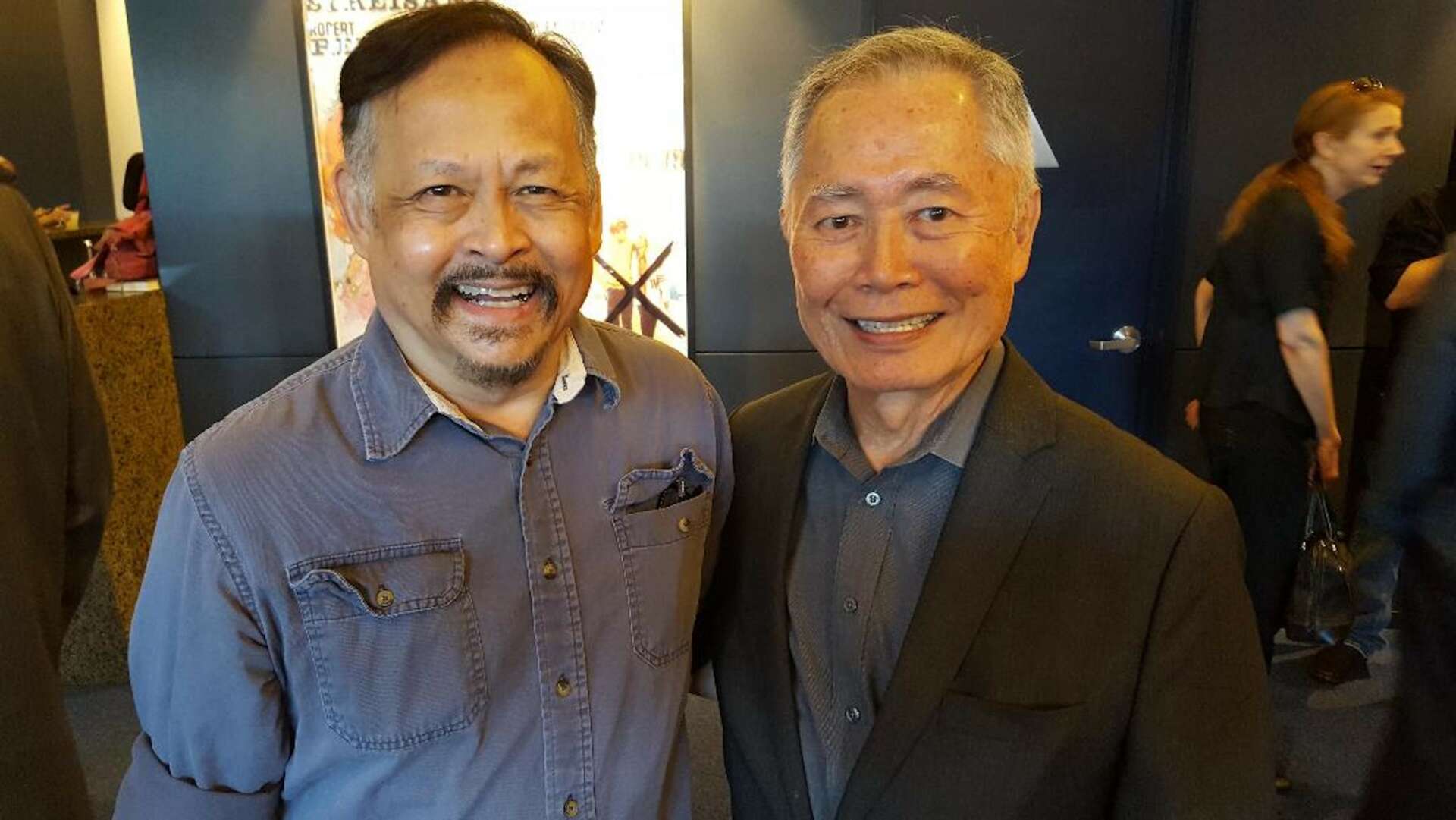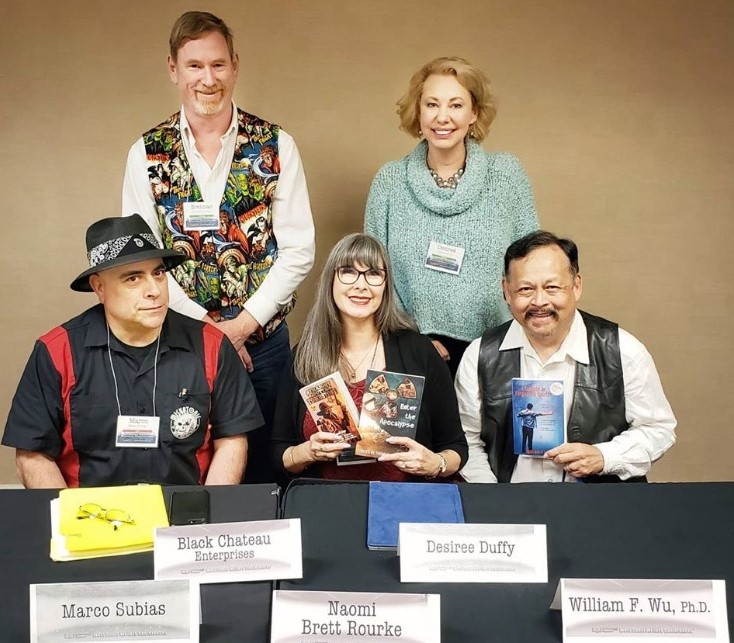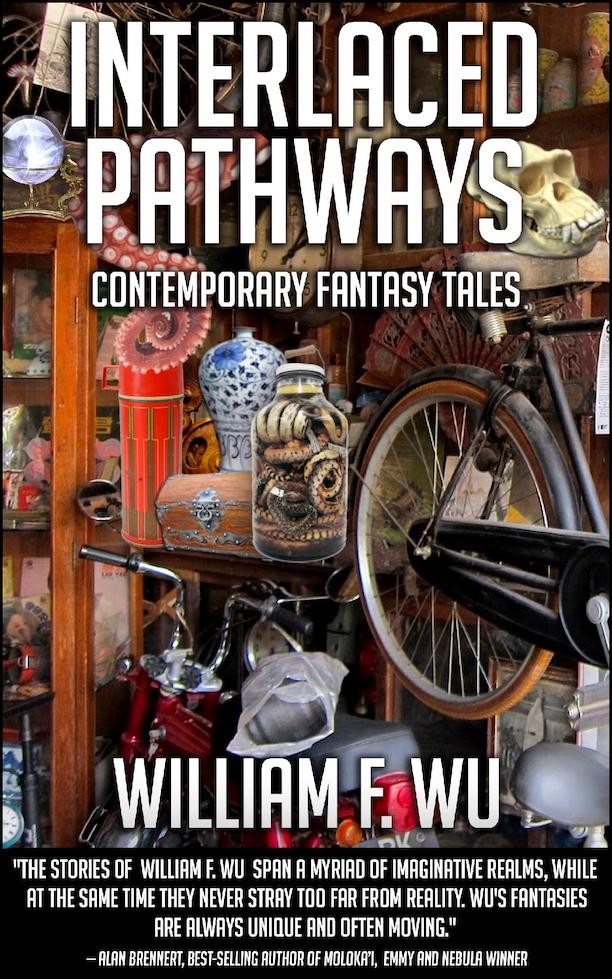We recently connected with William F. Wu and have shared our conversation below.
Alright, William F. thanks for taking the time to share your stories and insights with us today. We’d love to hear the story of how you went from this being just an idea to making it into something real.
I’m going to write about going from writing privately to to the idea of writing professionally. I started making up little stories from the time I was very young. I say “making up” because I dictated a few of these to my mother, who wrote them down on construction paper for me to illustrate, before I could read and write. When I could write, I continued writing stories, often about animals, and poems. I don’t have hard and fast opinions about nature and nurture for being a writer, but the idea was welcome in my family of origin. My mother was a published poet and her mother wrote a novel based on her marriage to my maternal grandfather. My father wrote nonfiction articles that were published and his autobiography. His father wrote published essays and poetry.
I continued writing as I grew up, though I stuck to poetry in college for lack of time and energy for fiction. In my senior year of college, I finally figured out that I was not a poet, but a storyteller, During my college years, I never hid my creative writing but I didn’t talk about writing professionally. So, when I decided to do so after receiving my bachelor’s degree, a number of my friends were surprised.
I began writing and submitting science-fiction and crime short stories during the following year. At the same time, I made a point of catching up on fiction in those genres that I had not already read (I had read a great deal in these genres previously). I read what I could find about how to become a published writer. The biggest jump I made came when I discovered, and attended, the Clarion Writers Workshop. It was a six-week workshop at Michigan State University for which college credits were also given. Six different professional writers in the science fiction genre taught each week and all of us critiqued each other’s manuscripts. I listened to all the advice from the instructors and soon after started going to s.f. conventions, where I met more authors– established and aspiring. I listened to all the advice I could about writing and also about presenting myself as a serious writer. Ultimately, of course, I had to improve my storytelling ability. The networking and critiques by others helped.
I had a slow start, with four professional sales in the first decade that I was writing regularly and submitting my work. After that, my career finally came along, including my first novels. I was able to become a full-time writer.


As always, we appreciate you sharing your insights and we’ve got a few more questions for you, but before we get to all of that can you take a minute to introduce yourself and give our readers some of your back background and context?
I’ve always had an interest in the way East Asians and Americans descended from East Asian people are depicted in all forms of storytelling– narrative fiction in novels and short stories, feature films, TV shows. Growing up, I read about and saw few –maybe none–characters who reflected my own life. (I’m from the Kansas City area, born in Missouri and grew up in Kansas.) When I began writing fiction and submitting it, I chose to write sometimes about ethnic and racial subjects and other times about characters of East Asian descent in stories about universal topics.
As a reader, I had always been drawn to science fiction, fantasy, and crime fiction. My career picked up with the first two and so I followed that path. I’ve had a few crime short stories published. If I had been successful early with that genre, I would have pursued it harder.
No matter what subject matter a storyteller writes about, the story has to engage and entertain readers. Nothing a writer depicts will matter if no one reads it.


What’s the most rewarding aspect of being a creative in your experience?
I have a two-part answer. When I finish a story, whether it’s short fiction or a novel, completing it to my satisfaction is always rewarding. Having said that, I also experience this in different ways. Sometimes I look back at something I wrote in earlier years and see improvements I would now make. At the time, of course, I did what I could in both creative and business (publishing) terms. The most satisfying experience is to read an earlier work and still feel I accomplished what I wanted to do in creating that work.
The second part can be controversial. Many creative people talk mostly about the creative process and personal satisfaction, as I did above. Some people will suggest that they don’t worry about other people’s opinions. This is meaningful in so far as not letting other people’s opinions hold us back. For me as a storyteller, however, I wish to communicate. None of us creative people can reach everyone, of course. When readers appreciate my work in some way, I do take satisfaction in that.
We’d love to hear a story of resilience from your journey.
I’ve always received rejections to submissions and I still do. Some people seem to think that if you get something published by a traditional publisher that acceptances will automatically continue. That hasn’t been my experience. I’ve had a lot of work traditionally published and I have a lot rejections ongoing. I’ve had many queries regarding novels ignored by agents. A very commercially successful writer and editor mentioned to me years ago that for writers of fiction, persistence is more important than talent. No, he was not denying the importance of talent. I have to agree with him in many cases. I know a number of published fiction writers who became discouraged and quit. That’s their choice, of course, not my personal business, but talent alone was not enough to carry them forward.
Sometimes I’ve joked that persistence and metaphorically hitting your head against a wall to no effect are difficult to separate. For whatever reason, I’m still experiencing both.
Contact Info:
- Website: williamfwu.com
- Facebook: WilliamFWuAuthor
Image Credits
Courtesy William F. Wu


